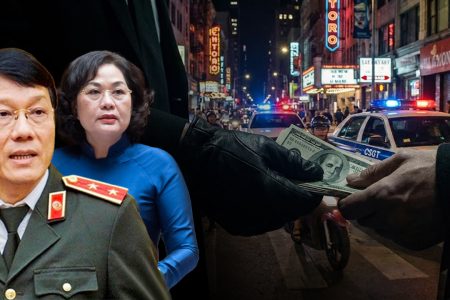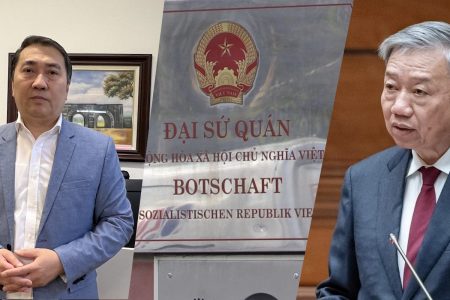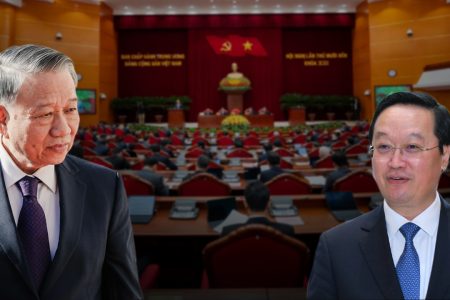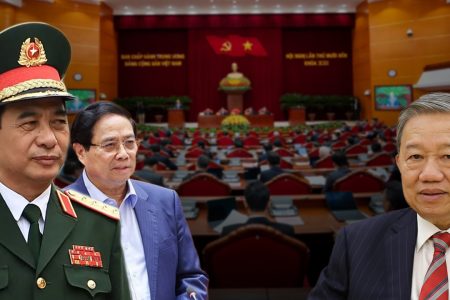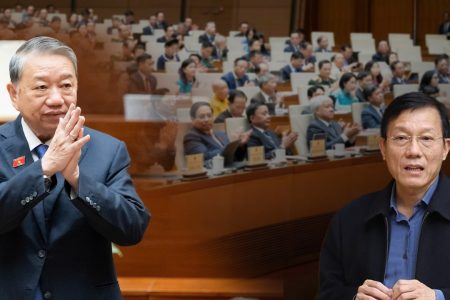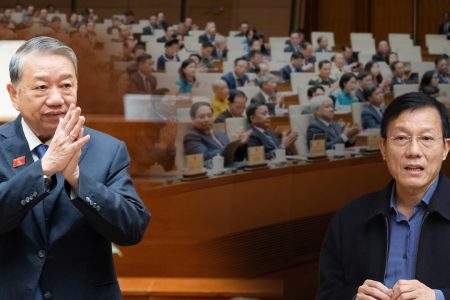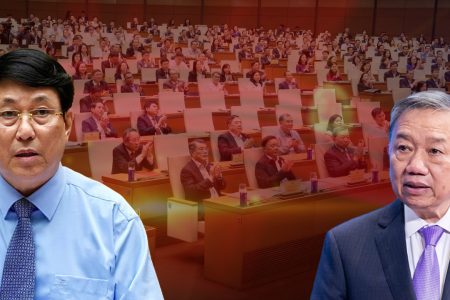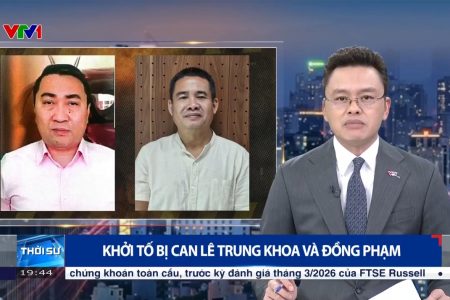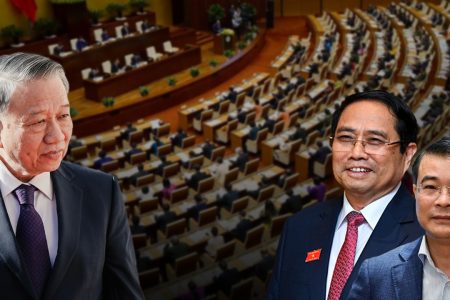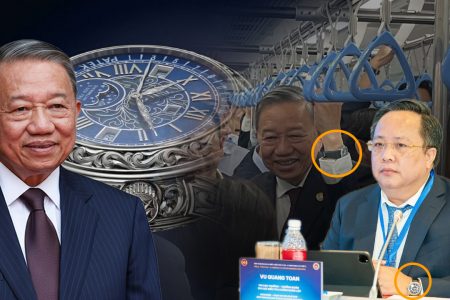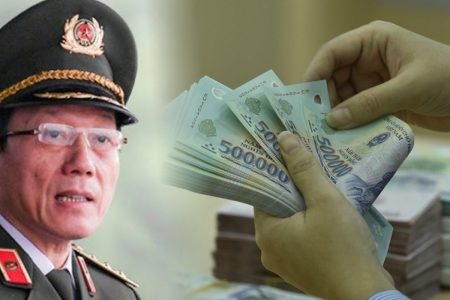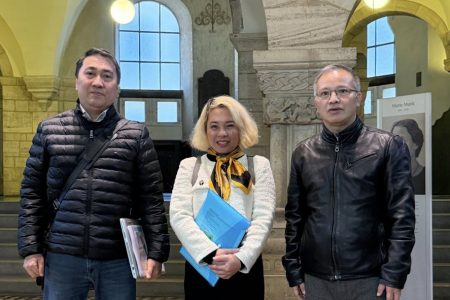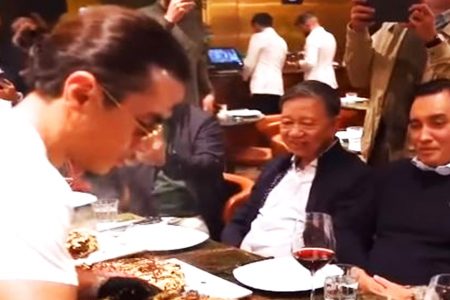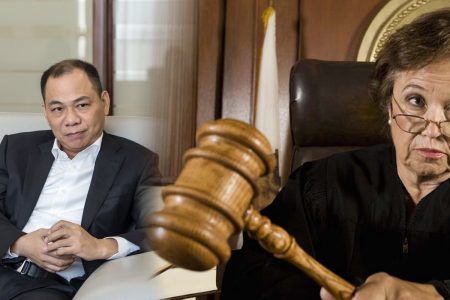The story of Nguyen Van Canh, the Binh Dinh province-based legislator of Vietnam’s National Assembly making a number of controversial statements and proposals at the country’s legislative body, once again heated up social networks.
Most recently, on March 26, Canh proposed that instead of burning piles of votive paper money causing pollution, the state could encourage people to burn Visa, Master cards… worth several billion VND for dead people. According to him, just one “votive” credit card is equivalent to several billion VND, and burning one of those cards is enough money for dead people to use.

On social networks, there have been many opinions about the phenomenon that recently, it is not uncommon for Vietnamese legislators to show signs of mental illness. For example, Hoang Huu Phuoc, Ho Chi Minh City-based member of the National Assembly for the 2011-2016 term is an example.
Similar to Canh, Phuoc also had many controversial statements and views that have made the public skeptical about the issue of mental health.
Notably, Phuoc had also publicly criticized other legislators through articles on his personal blog. This led to debates about the appropriateness and ethics of the conduct of a Vietnamese legislators.
Immediately after that, Phuoc was unexpectedly absent from the 9th and 10th sessions of the 13th National Assembly due to health reasons.
However, in 2021, Phuoc continued to run for the 15th National Assembly, but was not elected.
The actions and statements of Phuoc during his tenure as a legislator have caused much controversy about the responsibility and standards of a representative of the people.
In 2014, National Assembly’s member Truong Trong Nghia had to raise the issue of the quality of candidates for legislators. According to Nghia, there should be a health certificate for candidates. The reason being that allowing people with mental problems to become legislators would cause serious consequences.
Discussing this topic, legislator Tran Du Lich frankly assessed „I think our standards for candidates for National Assembly’s members are too simple. If they were so general, even someone who just came from a mental hospital could run for election.“
According to insiders, Phuoc is a close disciple of President Truong Tan Sang. Likewise, there are allegations that National Assembly legislator Nguyen Van Canh is a disciple of former Prime Minister Nguyen Tan Dung.
Accordingly, Binh Dinh province was a strategic area of former government leader Dung before the 12th National Congress of the ruling Communist Party of Vietnam, where Nguyen Minh Triet, Dung’s youngest son, rose through the ranks of youth work. This is also the stronghold of Tran Bac Ha, once Chairman of BIDV, who was once a tycoon of Binh Dinh and a close disciple of Dung.
Notably, Canh from Phu Cat district, Binh Dinh province, has had a surprisingly rapid political career.
He was elected as a national legislator for the 2011-2016 tenure as an “independent” candidate who was not a member of the Communist Party of Vietnam. After that, he joined the party in 2012 and continued to be re-elected for the next two consecutive tenures until present.
Regardless, public opinion always suspects that Canh has a „mental“ problem.
According to analysts, the introduction of a candidate to be a National Assembly member in Vietnam must follow a fairly strict process, under the supervision of competent authorities. However, the personal relationships of candidates through interest groups related to high-ranking personnel are very simple.
The cases of Phuoc being related to then President Sang, or Canh being related to former PM Dung are typical examples.
And once, until now, incumbent General Secretary To Lam still considers Dung as his boss, Canh will remain in his position despite his strange public statements.
Tra My – Thoibao.de





